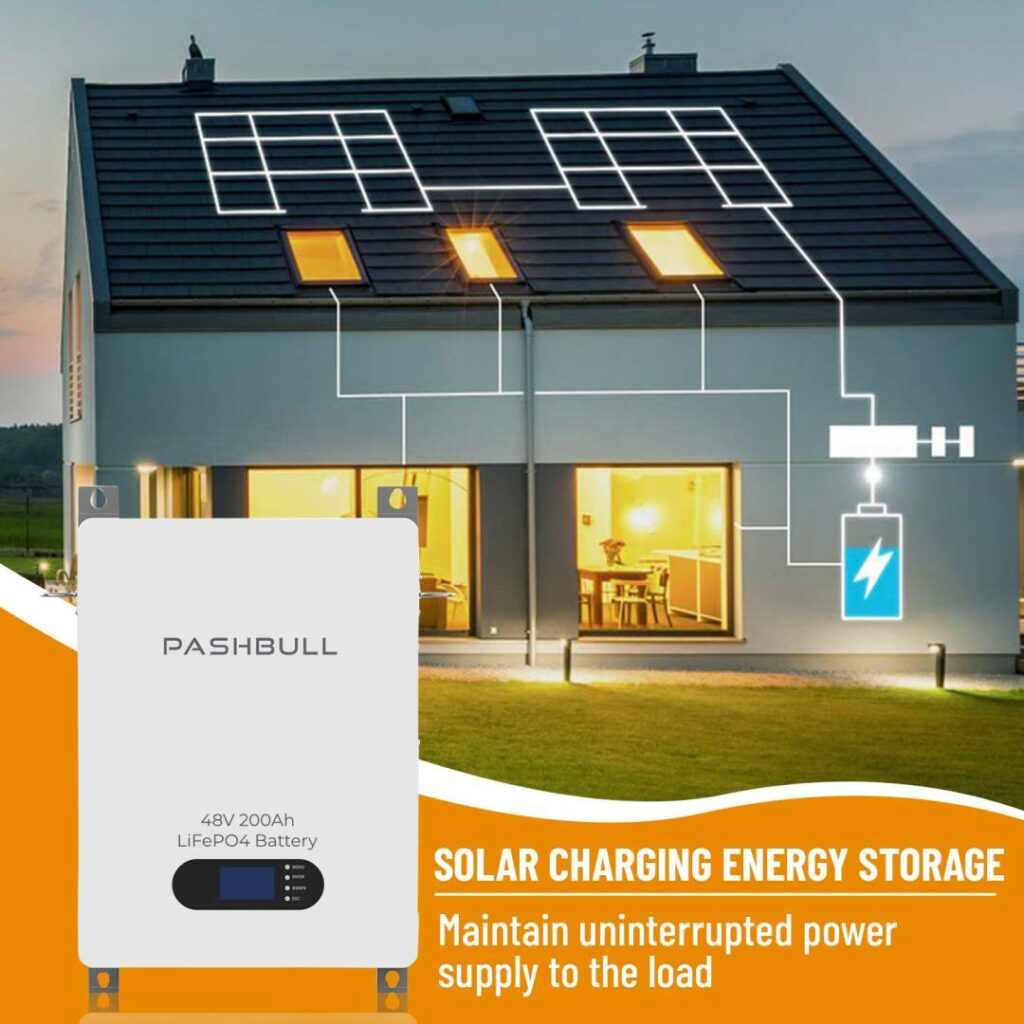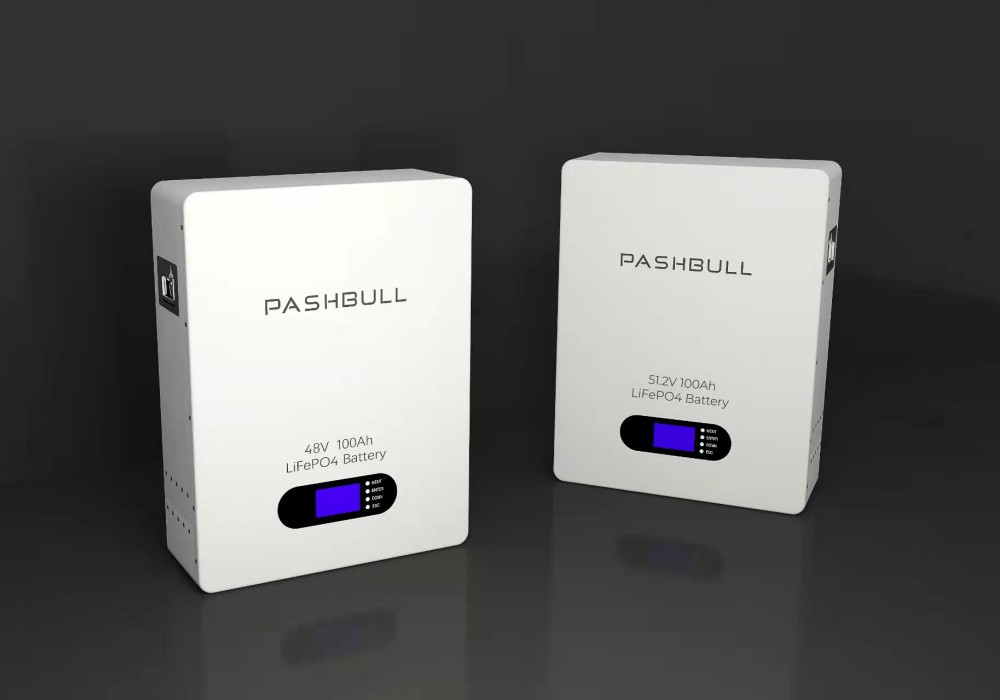1. What is a 48V lithium-ion battery?
A 48V lithium-ion battery is a type of rechargeable battery that operates at a voltage of 48 volts. It uses lithium-ion technology, which allows for high energy density and a longer lifespan compared to other types of batteries. These batteries are commonly used in applications such as energy storage systems, electric vehicles, and renewable energy systems.
2. What are the benefits of a 48V lithium battery?
The benefits of a 48V lithium battery include higher energy density, longer lifespan, faster charging times, and better efficiency compared to other battery technologies. The higher voltage of a 48V system also allows for reduced power loss during transmission, resulting in improved overall system performance. Additionally, 48V lithium batteries are safer and more environmentally friendly than traditional lead-acid batteries.
3. How many watts is a 48V lithium battery?
A 48V lithium battery can have varying wattage depending on its capacity. To calculate the wattage, you need to multiply the voltage (48V) by the ampere-hour (Ah) rating of the battery. For example, a 48V battery with a capacity of 100 Ah would have a wattage of 4,800 watts (48V x 100Ah = 4,800W).
4. How many hours does a 48V lithium battery last?
The duration that a 48V lithium battery lasts depends on several factors, including the energy consumption of the device or system it powers and the capacity of the battery. To determine the operating time, divide the battery’s capacity (in watt-hours) by the power consumption of the device (in watts). For example, if a device consumes 200 watts and the battery has a capacity of 4,800 watt-hours, the battery would last for approximately 24 hours (4,800 watt-hours / 200 watts = 24 hours).
5. How fast can you charge a 48V battery?
The charging speed of a 48V battery depends on its capacity and the charging current. Higher-capacity batteries generally take longer to charge. However, with appropriate charging equipment, a 48V lithium battery can be charged at a rate of 0.5C to 1C. For example, a 100 Ah battery could be charged at a rate of 50A to 100A. Charging at a higher current can reduce the charging time but may also increase the stress on the battery and potentially shorten its lifespan. It is important to follow the manufacturer’s guidelines for charging to ensure safe and efficient charging.

6. How many solar panels do I need to charge a 48V lithium battery?
The number of solar panels required to charge a 48V lithium battery depends on factors such as the capacity of the battery, the energy consumption of the system, and the efficiency of the solar panels. To calculate the number of panels needed, divide the battery’s capacity (in watt-hours) by the daily energy production of a single panel (in watt-hours). For example, if a 48V battery has a capacity of 4,800 watt-hours and a solar panel produces 300 watt-hours per day, you would need approximately 16 solar panels (4,800 watt-hours / 300 watt-hours = 16 panels). It is advisable to consult with a solar professional to accurately determine the number of panels required for your specific setup.
7. What is the voltage of a fully charged 48v lithium battery?
A fully charged 48V lithium battery will have a voltage close to its nominal voltage, which is 48 volts. However, during charging, the voltage can temporarily rise above 48V before settling back down once the battery is fully charged. It is normal for the voltage to fluctuate slightly depending on the charging and discharging state of the battery.
8. What is the maximum voltage of a 48V battery?
The maximum voltage of a 48V battery is typically slightly higher than its nominal voltage. It can vary depending on the specific battery chemistry and manufacturer, but it is generally around 54 volts. It is important not to exceed the maximum voltage as it can lead to overcharging, reduced battery lifespan, and potential safety hazards.
9. At what voltage is a 48V lithium-ion battery dead?
A 48V lithium-ion battery is considered dead or fully discharged when its voltage drops to a certain threshold, which is typically around 40 volts. However, it is advisable to consult the manufacturer’s specifications for the specific battery model to determine the exact voltage at which it is considered dead. Discharging a lithium-ion battery below its recommended minimum voltage can cause irreversible damage and reduce its overall lifespan.
10. Is 48V better than 12V?
In many applications, 48V systems offer significant advantages over 12V systems. The higher voltage allows for reduced power loss during transmission, resulting in improved overall system efficiency. 48V systems also support higher power levels, making them suitable for applications that require more energy. Additionally, higher voltage systems like 48V are commonly used in electric vehicles and renewable energy systems due to their ability to handle greater power demands. However, it is important to consider the specific requirements of your application and consult with professionals to determine if a 48V system is the best choice for your needs.
11. Which is better 48V or 52v battery?
Whether a 48V or 52V battery is better depends on the specific application and requirements. Generally, a higher voltage battery, such as a 52V battery, can offer some advantages over a 48V battery. These advantages may include slightly higher power output and potentially longer range in certain applications. However, it is important to note that using a higher-voltage battery may require compatible equipment and components. Additionally, the availability and compatibility of devices and charging systems may vary between 48V and 52V batteries. It is advisable to consult with professionals and consider the specific requirements of your application before deciding which voltage is better suited for your needs.

